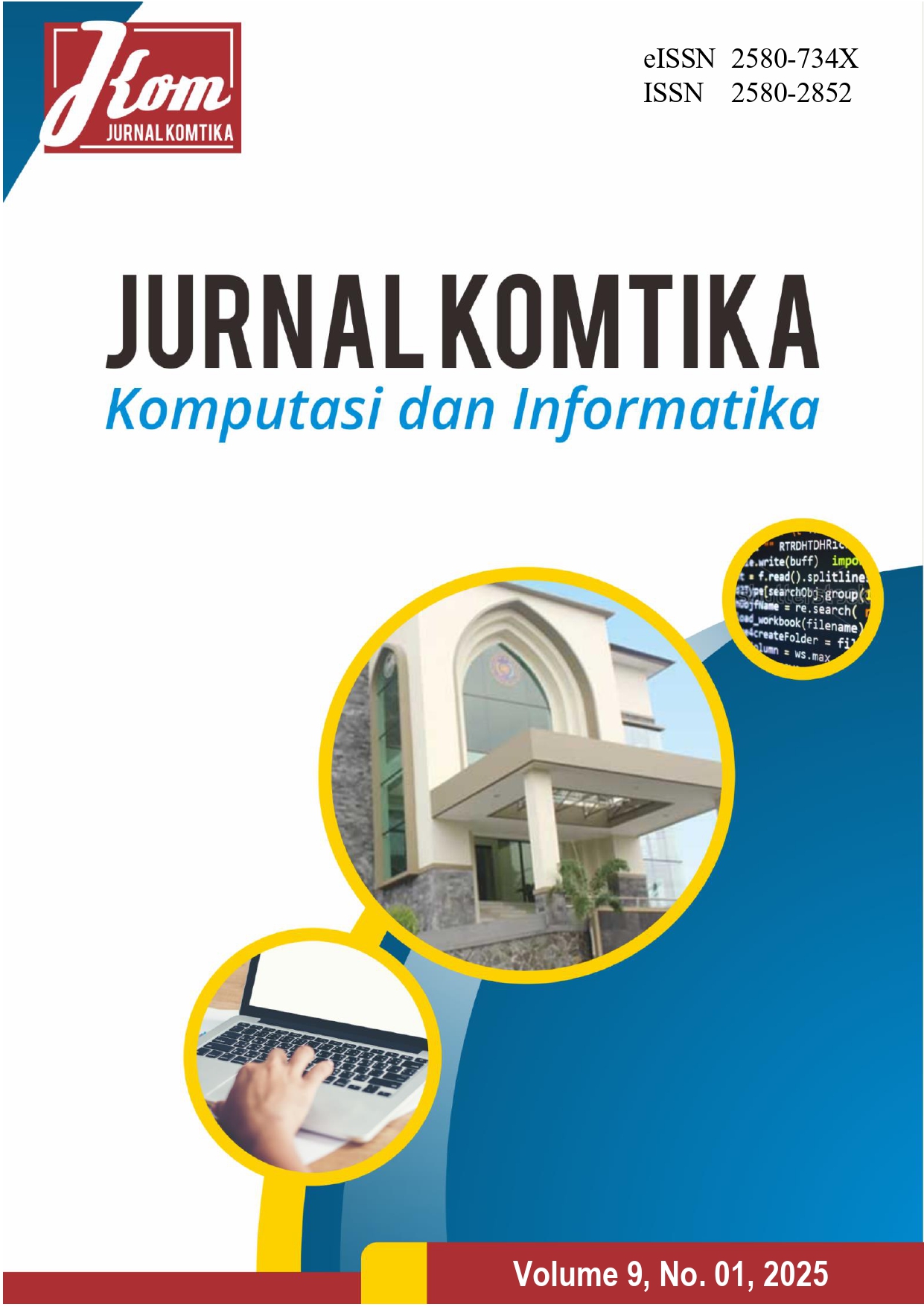Main Article Content
Abstract
Every child is unique, showcasing individual personalities, preferences, and skills from an early age. Therefore, families, educators, and caregivers need to monitor children's development to ensure they meet physical, emotional, and cognitive milestones appropriate to their age. Preschool assessment is critical in identifying developmental progress across domains such as moral and religious values, motor skills, mental abilities, language, socio-emotional skills, and artistic expression. However, limited parental knowledge and young children's communication barriers often hinder practical assessment. This study aims to develop and model the user interface of a Preschool Assessment application using the Child-Centered Design (CCD) approach, which positions children at the heart of the system design process. CCD incorporates children's characteristics through indirect engagement facilitated by the involvement of parents and teachers. The resulting interface prototype was evaluated using the System Usability Scale (SUS), with participation from 20 children and 15 parents or teachers. The SUS scores averaged 86.25 from children and 84.17 from parents/teachers, categorized as "Excellent." These results indicate that the interface achieved a high level of usability and is well-aligned with the needs and characteristics of preschool-aged users
Keywords
Article Details

This work is licensed under a Creative Commons Attribution-NonCommercial 4.0 International License.

